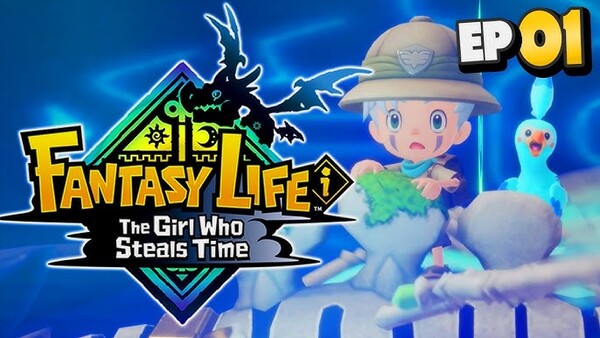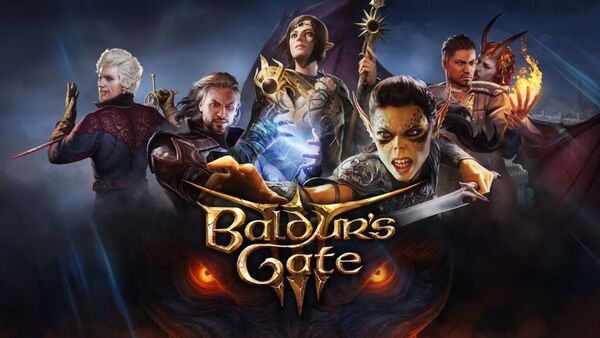Popular Now
Introduction
The Outer Worlds 2 has the potential to improve on its predecessor, but it risks repeating a major flaw: offering player choices that don’t lead to meaningful consequences. While the game promises freedom, many decisions feel cosmetic.
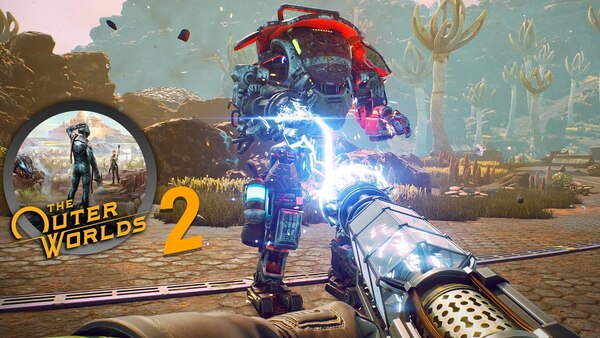
1. RPGs and Player Agency
Role-playing games are built on the idea that choices shape the world. The original Outer Worlds often gave players choices that seemed deep but ultimately led to the same outcomes.
2. Dialogue Without Consequences
Conversations offer varied tones and approaches, but most responses lead to similar results. Sarcastic, kind, or aggressive — the story usually continues the same way.
3. Weak Faction Impact
Players can support different factions, but their decisions don’t significantly change the world or narrative. There’s little consequence for switching sides or remaining neutral.
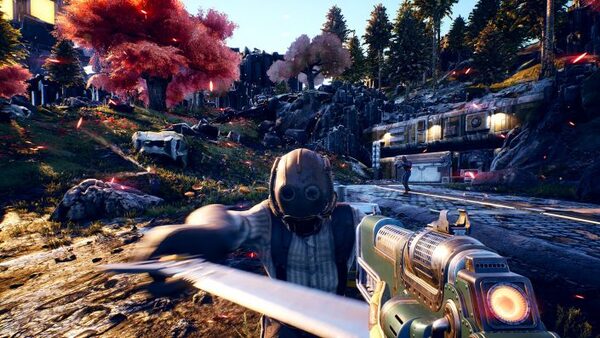
4. Unchanging Environments
Despite big decisions, the game world feels static. Cities, NPCs, and regions rarely reflect the player’s influence, which breaks immersion.
5. Shallow Companion Interaction
Companions have strong personalities but limited reactivity. Your choices rarely influence their development, and loyalty feels fixed rather than earned.
6. Binary Endings
No matter what path you choose, the ending reduces to a few similar outcomes. This flattens the weight of earlier decisions and weakens replay value.
7. Missing Reactive Systems
Games like Divinity or Disco Elysium offer dynamic reactions to player choices. The Outer Worlds needs a better system for memory, reputation, and branching consequences.
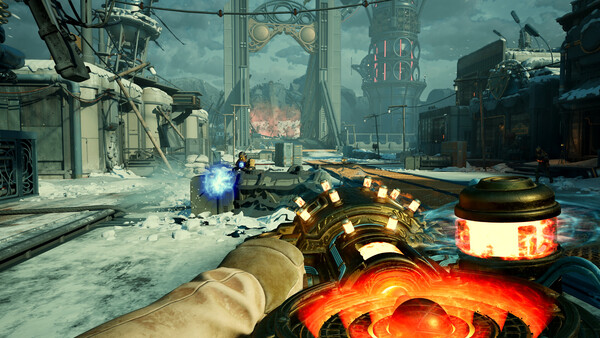
8. Humor Undermining Stakes
While satire is a strength, constant humor dilutes serious decisions. It's harder to care about the world when everything is treated as a joke.
9. Technical Limitations
Budget and time constraints may have limited narrative depth. True branching content requires more development, but is essential for RPG credibility.
10. What The Outer Worlds 2 Needs
The sequel should prioritize meaningful choices, faction consequences, companion evolution, and varied endings. These changes would elevate it into top-tier RPG territory.
Conclusion
The Outer Worlds 2 must evolve past its clever dialogue and offer players true agency. Real consequences, world changes, and character development will define whether it becomes a genre leader or a stylish rerun.












